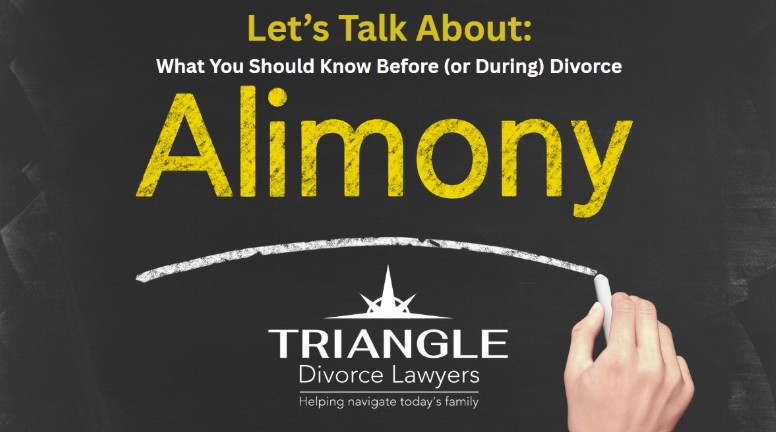During a divorce, the feelings we once had for our partner twist and often turn into something ugly. We may think or call them bad names. Some partners probably deserve this treatment, though of course, others do not. One label often tossed out during divorce is a narcissist, and if your partner has this mental condition, divorce will not be easy.
What is Narcissism?
According to the dictionary, a narcissist is:
- a person who has an excessive interest in or admiration of themselves.
- “narcissists who think the world revolves around them”
However, that’s a simplification. After all, your partner may behave selfishly during divorce. Many of us are guilty of narcissistic behavior at one point or another in our lives.
According to the Mayo Clinic, “Narcissistic personality disorder — one of several types of personality disorders — is a mental condition in which people have an inflated sense of their own importance, a deep need for excessive attention and admiration, troubled relationships, and a lack of empathy for others. But behind this mask of extreme confidence lies a fragile self-esteem that’s vulnerable to the slightest criticism.”
A pathological narcissist tends to display these characteristics while remaining unaware or unworried about how his or her actions affect others. He or she may:
- Be a conversation hoarder/interrupter
- Be a boundary violator or rule breaker
- Project a false image
- Express entitlement
- Be charming
- Have a grandiose personality
- Focus on the negative
- Manipulate others
A mental health professional will need to diagnose this disorder, but many with narcissism will not seek help.
Narcissism During Divorce
Divorcing a narcissist won’t be easy. He or she will not take into account your feelings or that of your children. We advise you to seek the guidance of a therapist or visit our workshop for more specific help in this situation. However, here are some thoughts to get started:
- Prepare for battle. If your partner is a real narcissist, he or she will drag divorce into court. He or she likes the games, the power, and will not want to negotiate or settle.
- Tell your attorney if your partner is a narcissist so he/she can prepare and advise you accordingly. Find an attorney who can calmly and reasonably prove your ex wrong in court without stirring things up.
- Keep copies of all financial records and expenditures. Your partner will put on a show; you must be prepared with facts. Also, he/she may try to leverage finances as part of his/her power. Expect him/her to be uncooperative in splitting finances and debt.
- Talk to a therapist about your children. Your spouse wants to be seen as “the good guy/gal” and may try to make you the enemy, yet he/she will not be a good parent. Your children will grow and may eventually see through his/her behavior, but you’ll probably need guidance through the process.
- Assume all communication is risky. Restraining yourself may be the biggest challenge, but angry voicemails or emails are not going to help and may hurt the process. You must be reasonable at all times.
- Stop feeling. He or she will attack you. Ignore those attacks and focus on any facts he or she is sharing with you. Take notes.
Our blog should not be considered legal advice. Second Saturday Wake County is a monthly divorce workshop where you can ask questions directly to a lawyer, a therapist, and a financial adviser. Join us for our next event to ask your questions about dealing with a narcissist.





